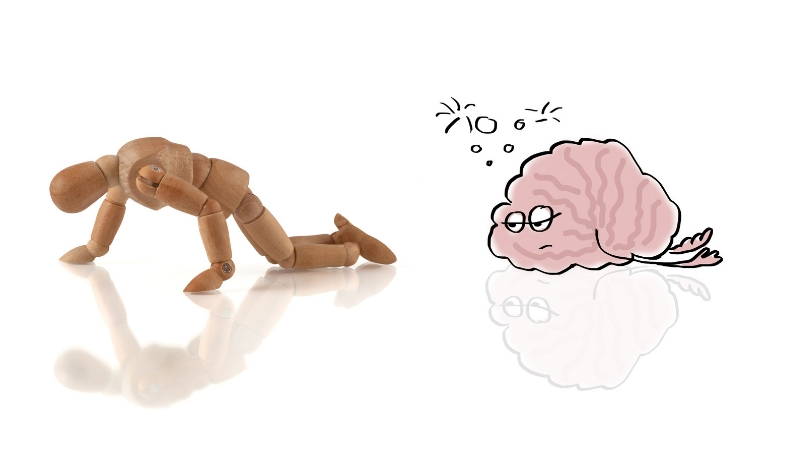Practicing Beyond Exhaustion Causes Long-lasting Damage to Learning Ability
04/22/2019

In a new study, Johns Hopkins Medicine researchers found that training when your muscles are already exhausted could impair your performance at the moment and damage your ability to learn new skills afterward.
The study was published March 5, 2019, in the peer-reviewed open access journal eLife.
“It’s common in many cultures that people believe the more practice, the better performance. Our study suggests that it may not be that simple,” says Pablo Celnik, M.D., professor of physical medicine and rehabilitation at the Johns Hopkins University School of Medicine “You will want to stop and rest when your muscles are exhausted to receive the most benefits from trainings.”
Researchers compared how people performed during a pinch force task — they were asked to hold a device between the thumb and index finger, and press it — after different levels of practice. The study findings showed that participants learned slower, even on the day after a rest period, if they previously trained beyond exhaustion. The harmful effect was even reflected in poorer performance of the hand that did not practice the test initially. The researchers say the lasting negative effect of fatigue on the ability to learn after the body recovers can be a result of the brain memorizing the wrong way of performing and learning that develops during fatigue.
In future studies, the Johns Hopkins researchers hope to explore whether stimulating certain parts of the brain can revert the negative effect of fatigue and allow people to resume unimpaired learning.
A more detailed description of the experiments can be found in an eLife press release.
